Although the university has a mask and vaccine mandate in place, many students are concerned over the fact that there are no procedures to enforce social distancing in classes or on campus.
“When I went into the bookstore to get a notebook, there were really cramped lines,” said Brooke Ahern, an exercise science major. “No one was honoring social distancing, and there were no stickers on the ground to maintain social distancing.”
When she got to class on the first week of school, she said that her classroom was so packed that all the tables were taken and some people had to sit on the floor or stand in the back.
Ahern said she did not feel unsafe being on campus, but she doesn’t feel like there are any safety protocols making her “feel better about the situation.”
“I kind of feel uncomfortable to take my mask off and have a sip of water, and there are no windows open, and it’s a really weird feeling,” said Ahern.
Physical distancing on campus has only been required in campus dining facilities and while eating or drinking indoors.
According to an informal Instagram poll conducted by the University Times, out of the 255 students surveyed, 205 think that social distancing should be enforced compared to 50 students who do not think it should be.
Students and faculty coming to campus are required to self-screen for COVID-19 symptoms before arriving. Those experiencing any symptoms are asked not to come to campus.
“In theory, that sounds great, but I mean you can’t really always depend on people to do that,” said Ahern, who was not aware of the self-screening requirement prior to being interviewed by the UT.
“It’s hard to say that that’s something that you can actually manage,” she continued. “Like, you’re technically supposed to do that before you leave your house to go somewhere, but I don’t think people honor that.”
Though the daily health self-screenings are required for everyone before coming onto campus, an informal UT Instagram poll found that 126 students out of the 248 surveyed do not feel safe on campus, compared to 122 students who do.
“ASI does not have the power to propose safety guidelines that the university can put in place,” said Diana Chavez, president of the Associated Students Inc. “The university follows county guidelines regarding COVID-19 safety protocols, so all requirements and recommendations that come from the LA County Public Health Department are what the university will put in place.”
Another concern students have is the apparent lack of cleaning on campus. Cintia Lara, a communication disorders major, is on campus four days out of the week and claims that she has not seen any effort to clean or disinfect classrooms during the first few weeks of school.
According to the university’s cleaning guidelines, an electrostatic fogger is used to “kill bacteria and germs from the air and surfaces” inside campus buildings. Liquid disinfectant is also used to wipe down surfaces in restrooms, elevators, stairways and bottle-filling stations.
Computer labs are disinfected in the mornings using the fogger and are cleaned between classes if there is at least an hour break before the next class. Sanitizer wipes and trash cans are also available in labs. Library bathrooms are cleaned hourly, while surfaces are wiped down and any debris is removed.
The university reports its daily cleaning routine, which includes:
- Cleaning and disinfecting restrooms hourly.
- Cleaning and disinfecting classrooms if there is at least a one-hour break before the next class.
- Cleaning elevators daily and disinfecting them every two hours.
- Cleaning stairways and bottle-filling stations daily.
Aside from the enhanced cleaning protocols, the university also stated that the custodial team “continues to adhere to standard cleaning practices.”
This semester, students had their choice of online, in-person, or hybrid classes, while faculty were given the option of teaching in-person or remotely.
Lauri Scheyer, an English professor who opted to teach remotely, noted that the rise in COVID-19 cases at the time factored into her decision-making.
“I’m very, very wary about returning to campus,” said Scheyer. “I know quite a few other people who feel the same way, but I think there’s also a little bit of a culture of anxiety about looking like you’re resisting what the university is asking.”
According to Cal State LA’s Office of Communications & Public Affairs, the current Spring 2022 schedule has over 600 hybrid or online formatted classes. These classes are about 16% of offered seats. The University is working with faculty to add more hybrid or online classes and expects 20% of Spring courses to be offered online or in hybrid formats.
With the majority of courses being in-person next semester, students are worrying about their safety. One student has even started a petition calling for more online options for students. The petition currently has over 3,500 signatures.
According to the University, students who still have not gotten their COVID-19 vaccine have a hold on their spring registration until they submit proof of full or partial vaccination or have requested a medical or religious exemption through GET. Students who are unvaccinated, partially vaccinated, or have an exemption must test for COVID-19 at least once a week and are reminded by the student health center to do so.
Students and staff who wish to report those who are not wearing masks indoors can do so by calling the Office of the Dean of Students at 323-343-3103.

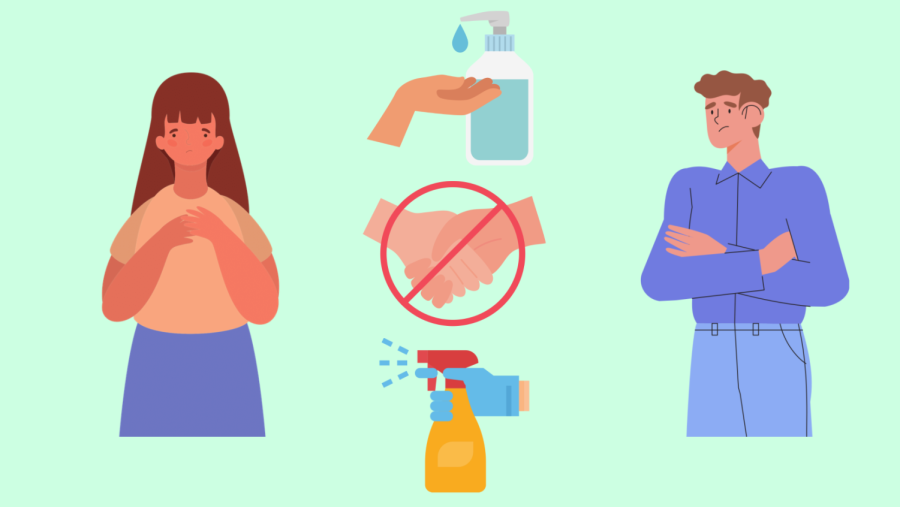
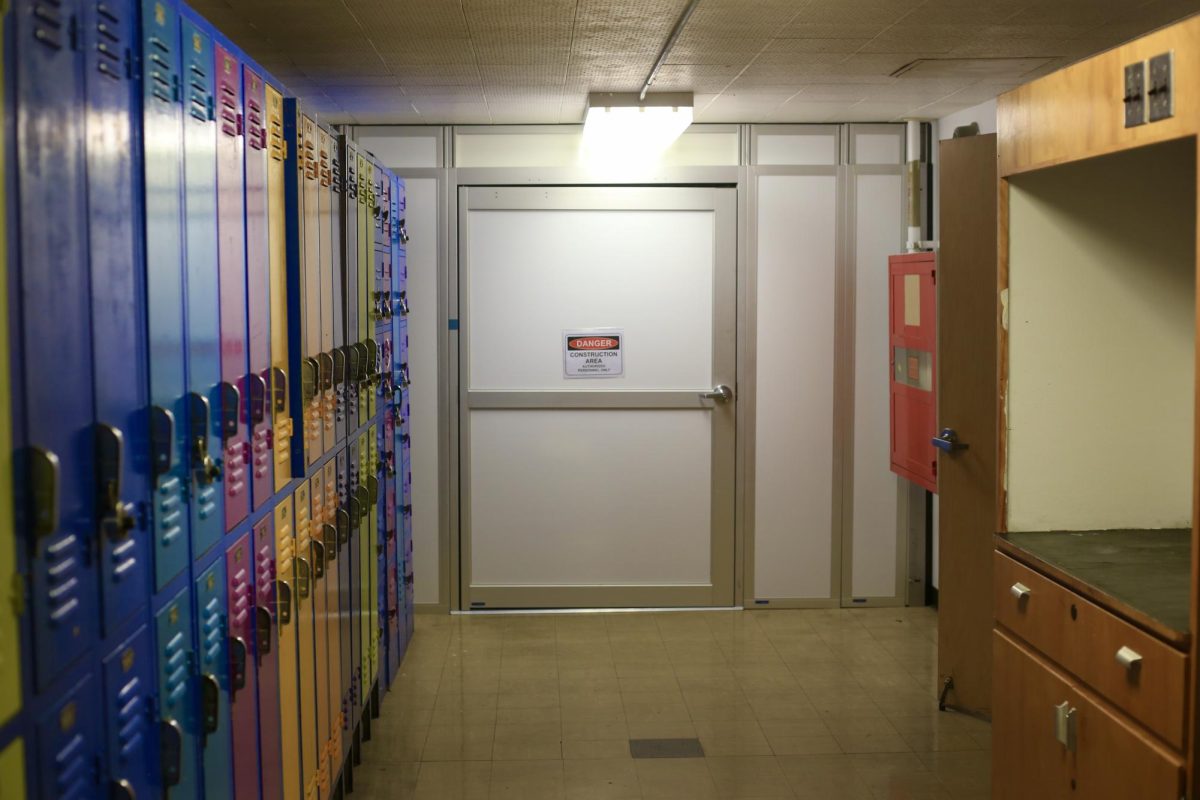
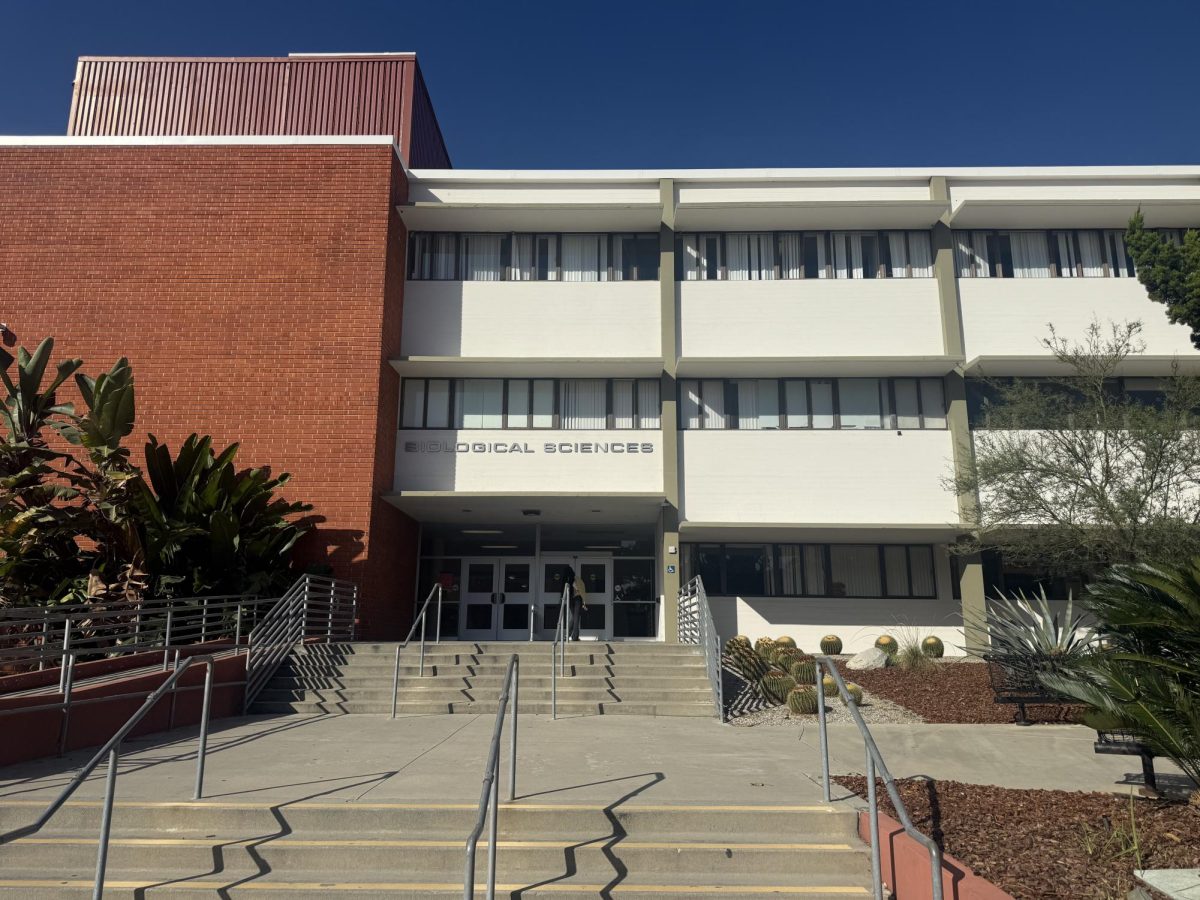
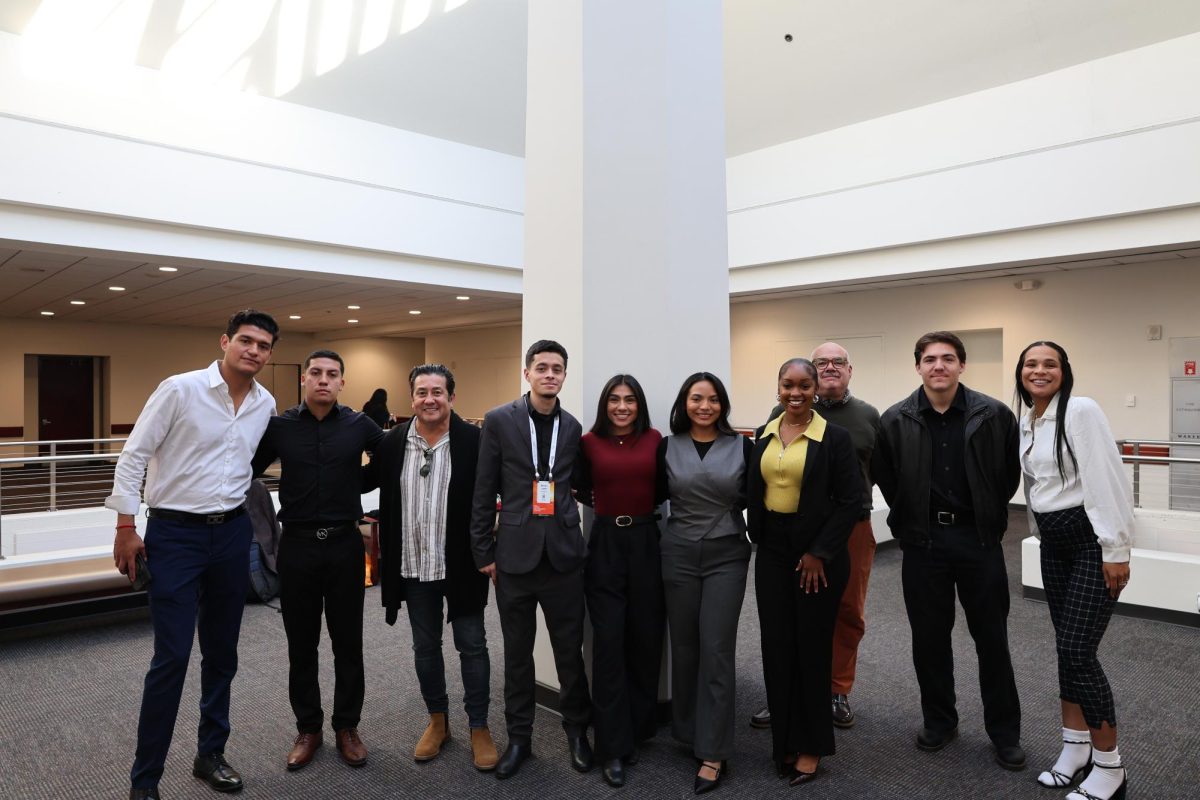
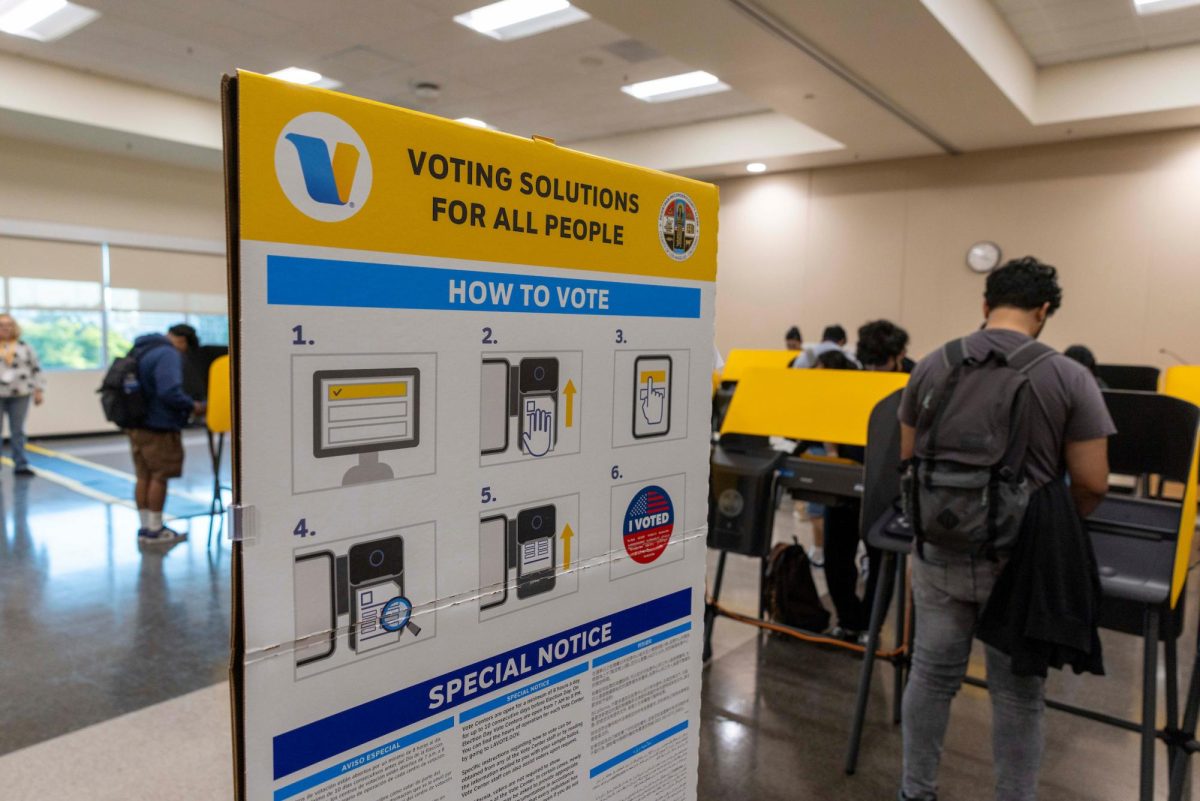
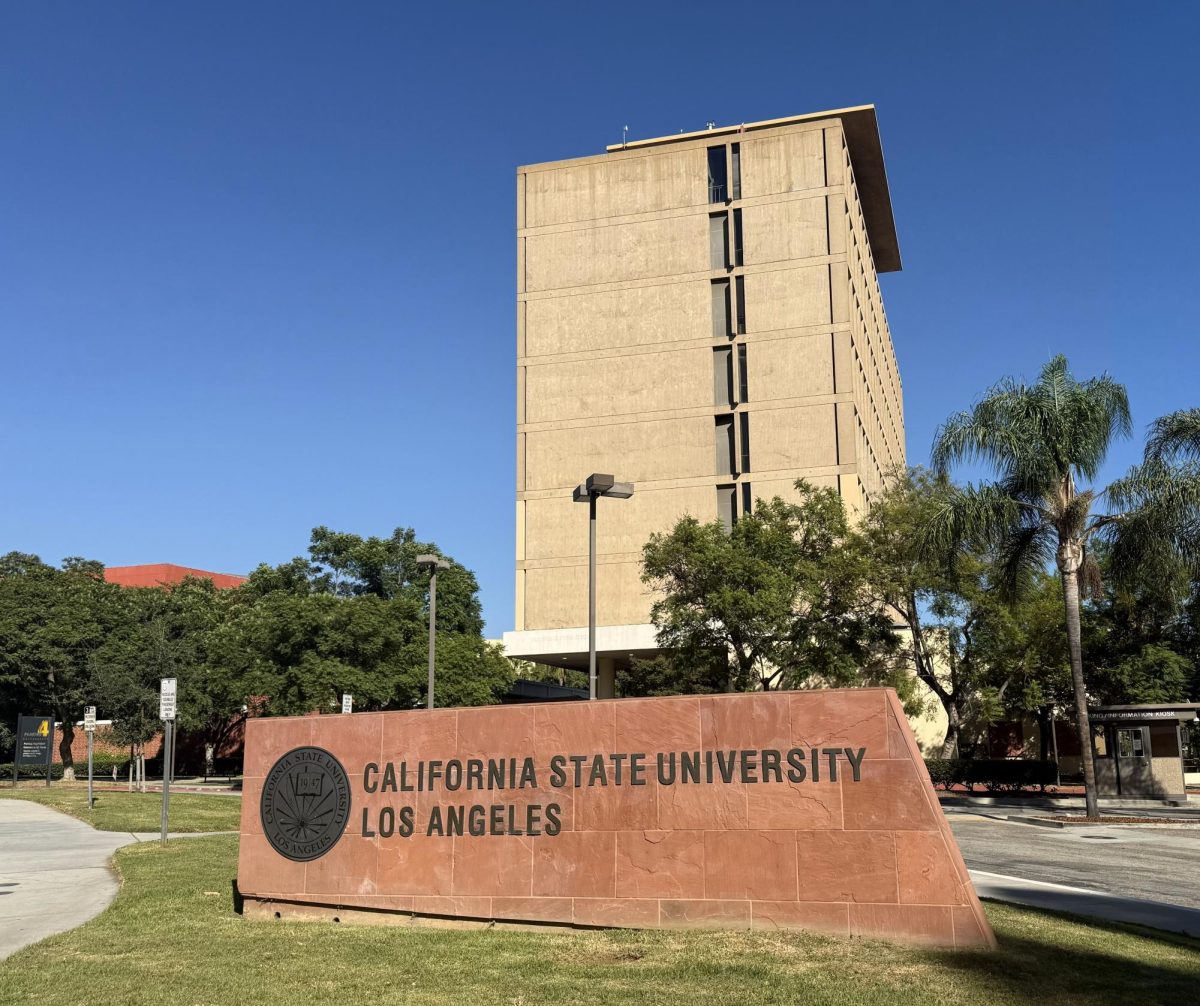
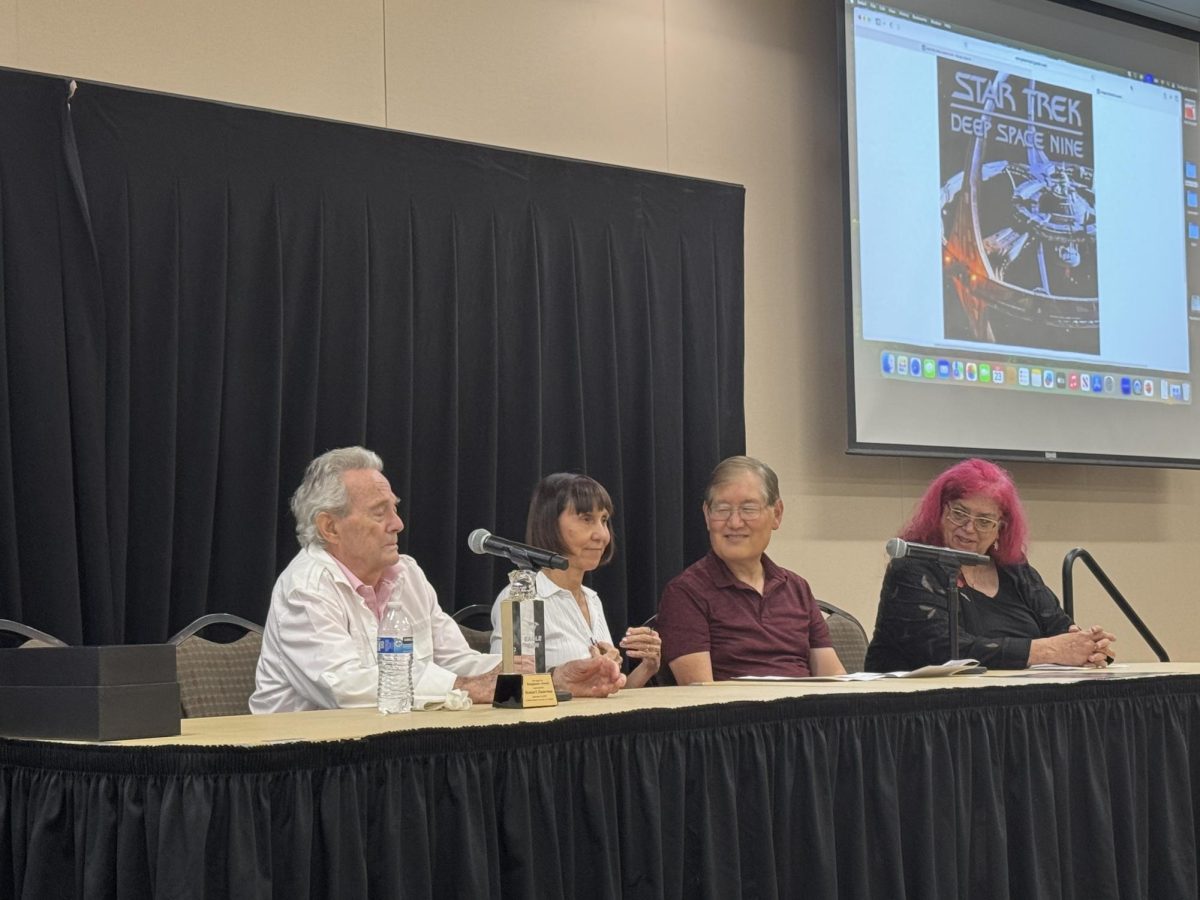
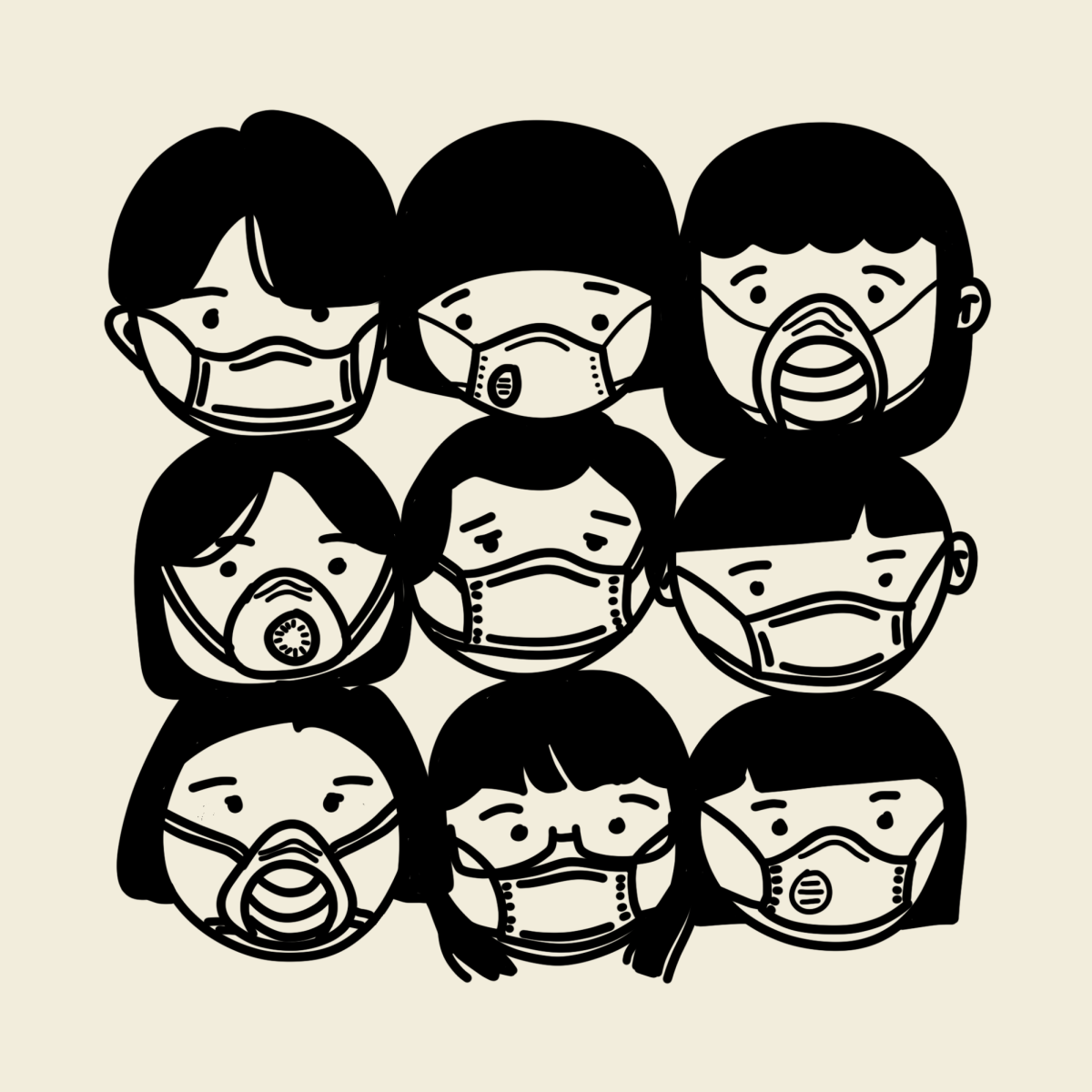
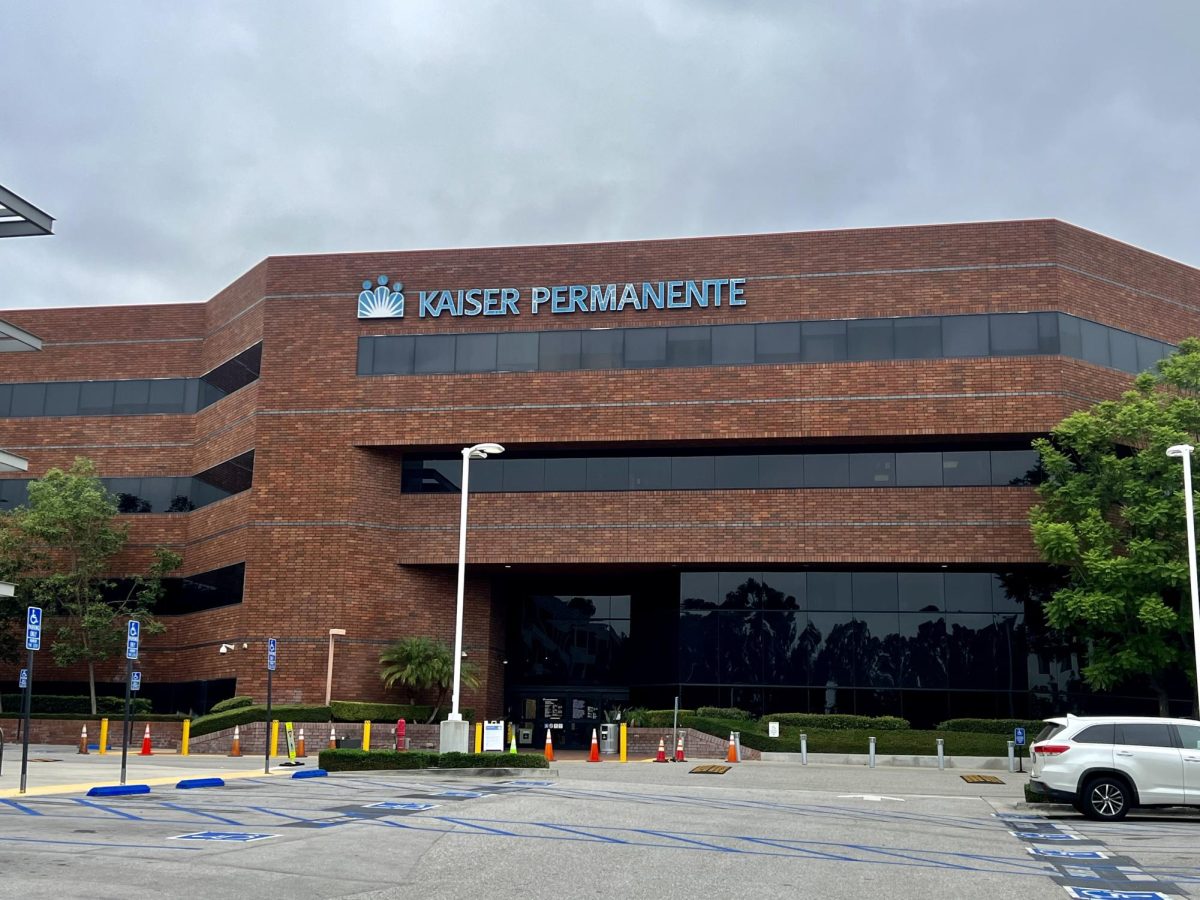
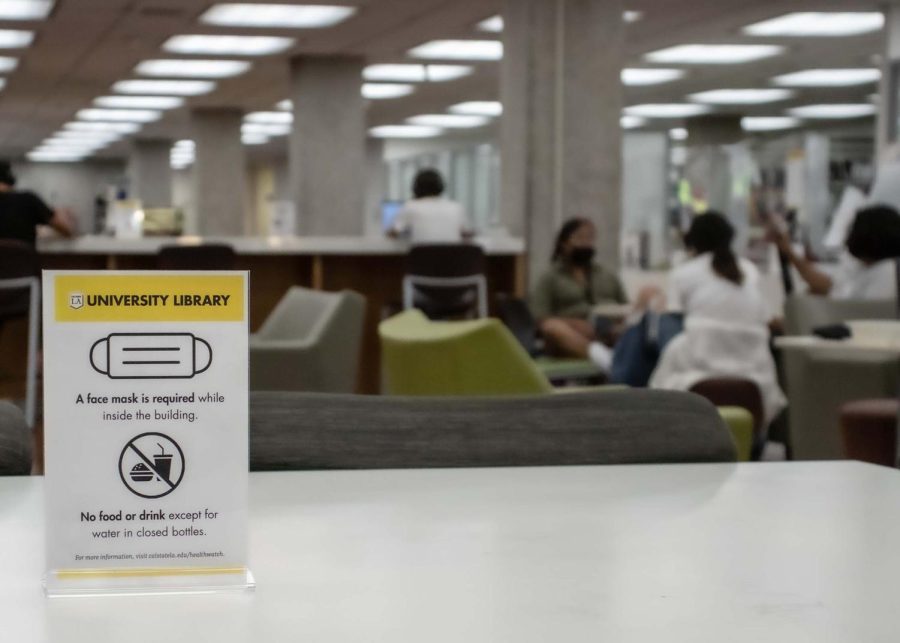

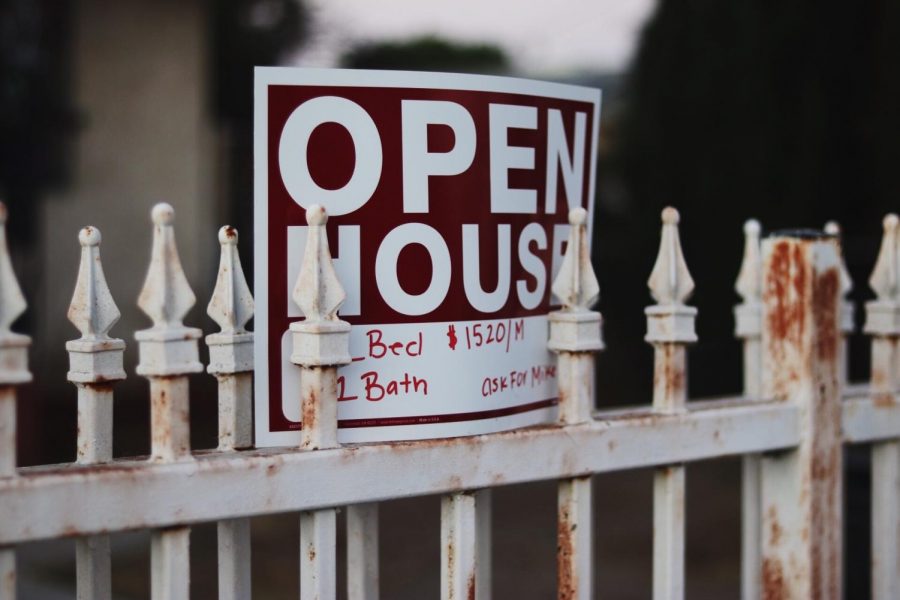
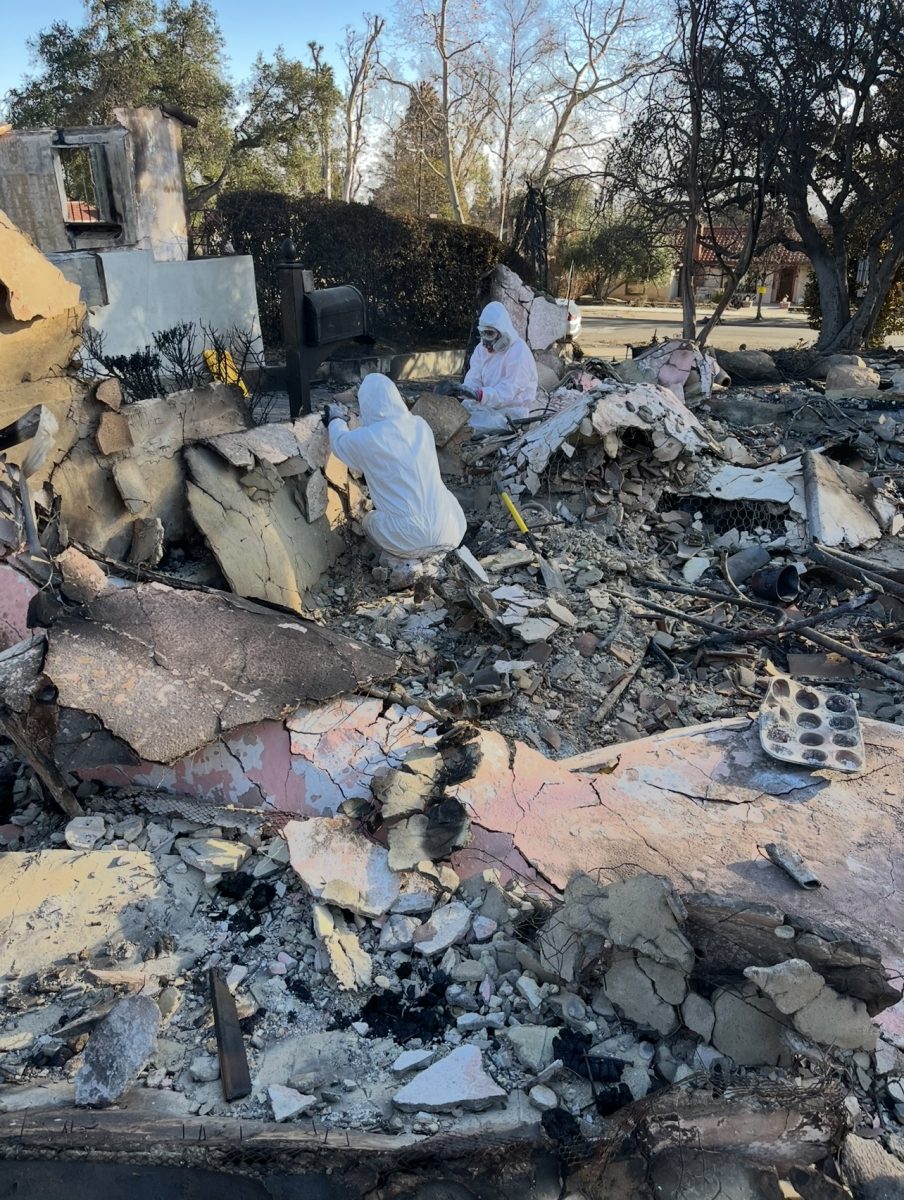
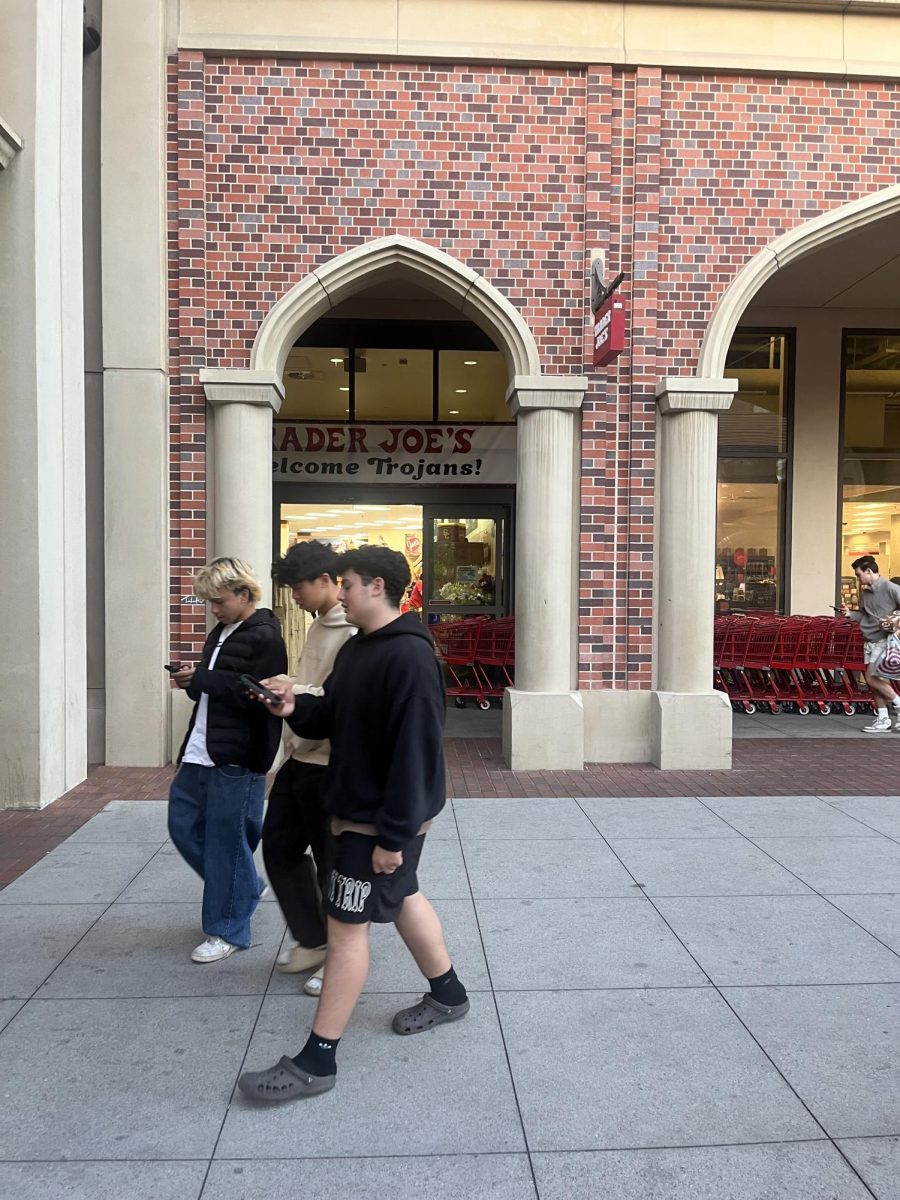
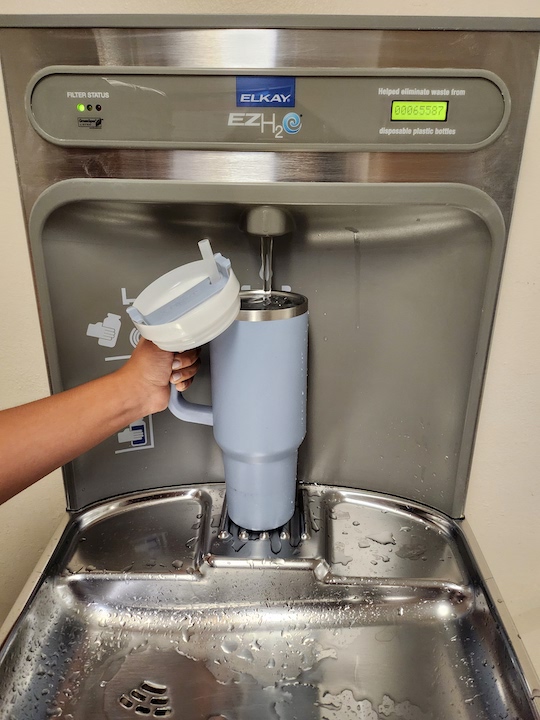
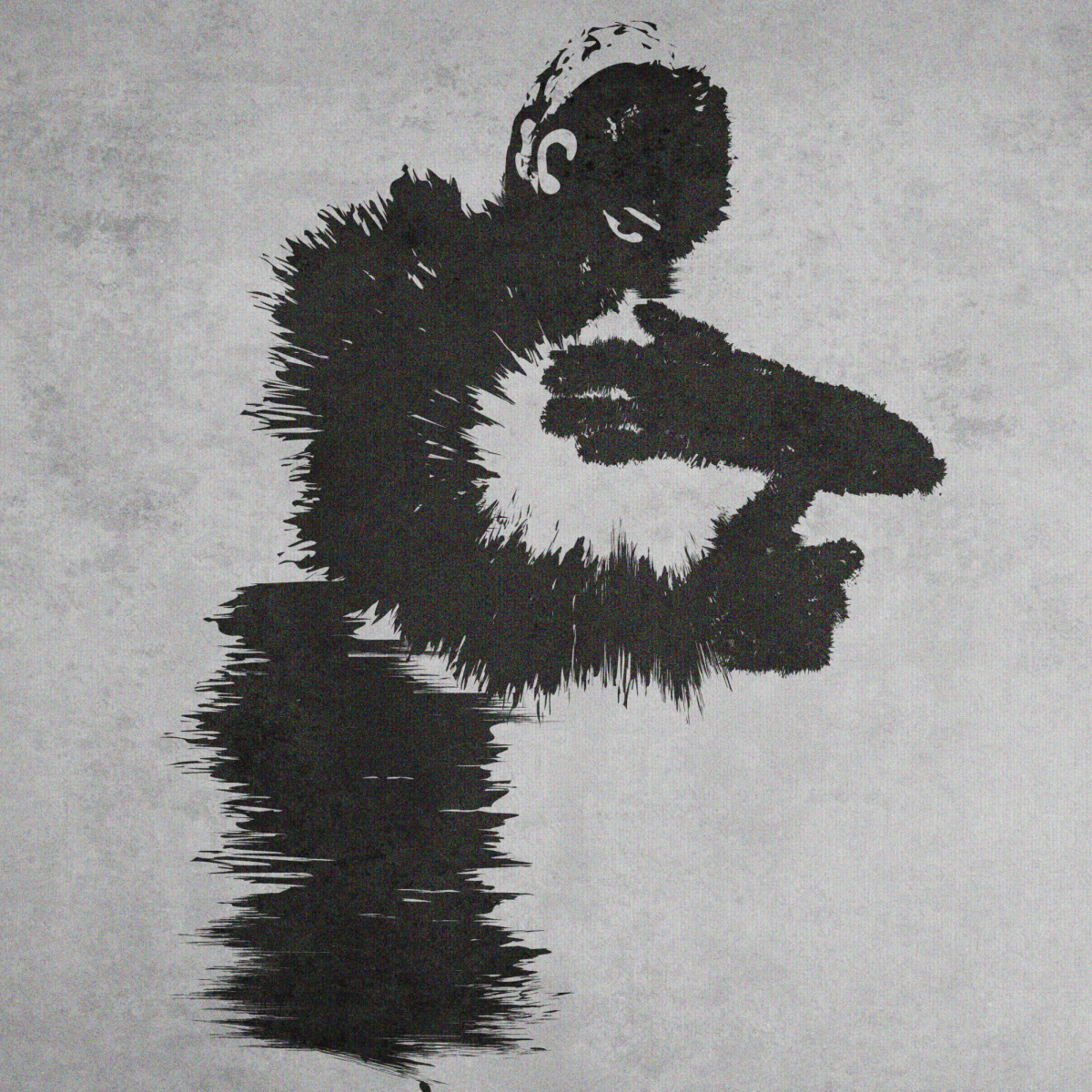
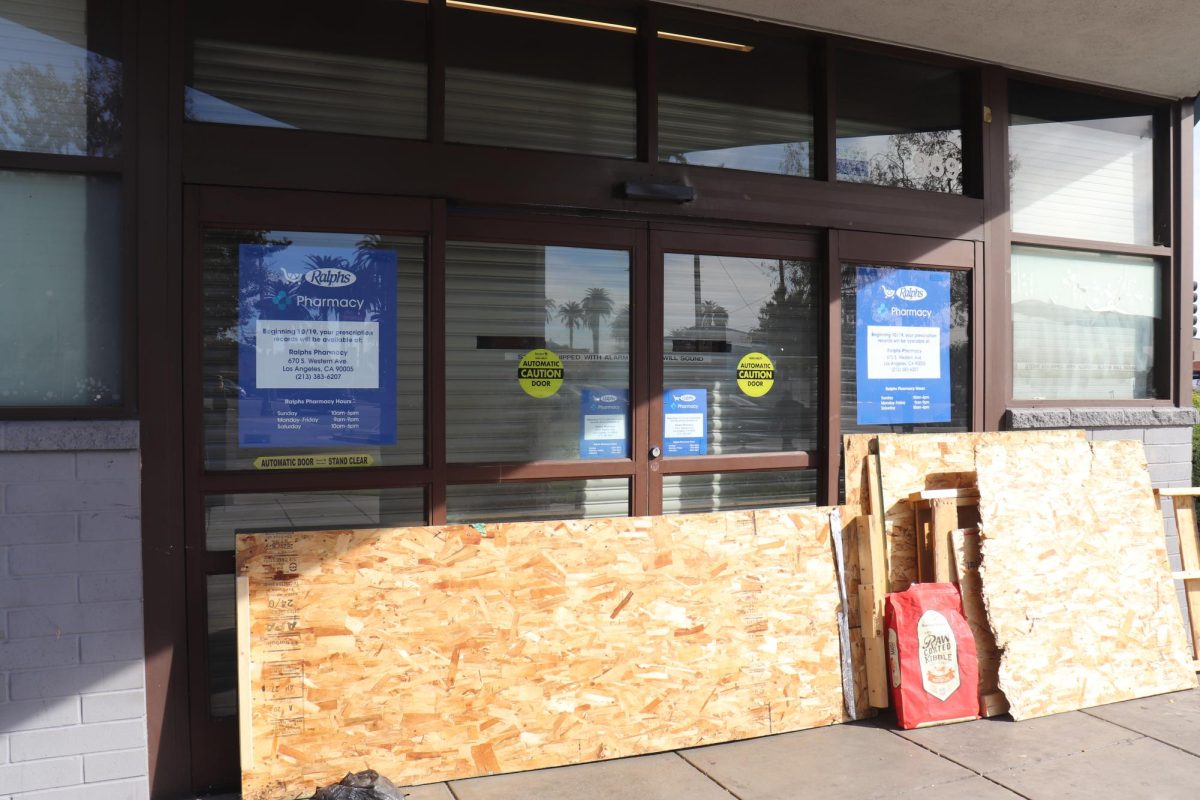
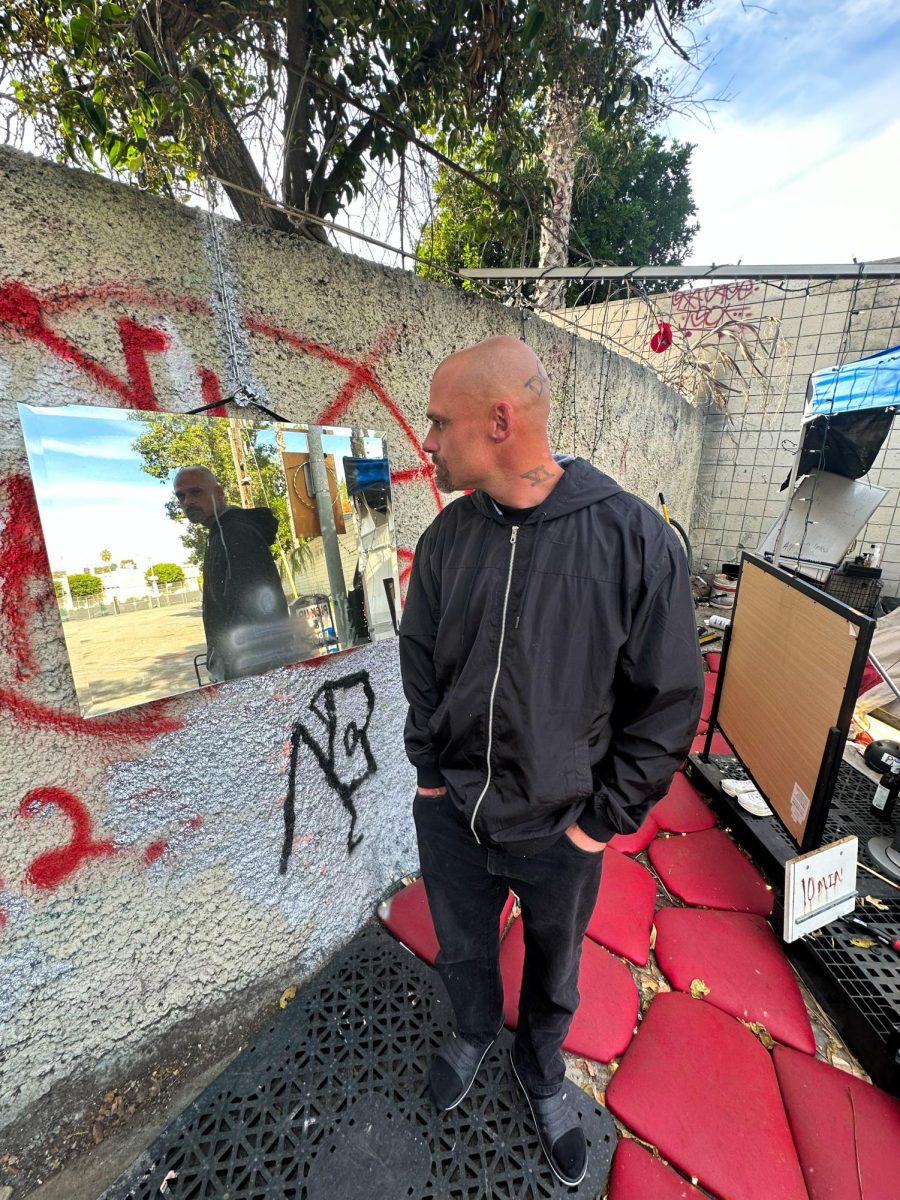


sunrise • Nov 6, 2021 at 1:50 pm
Thanks for the update… Your post was helpful and informative